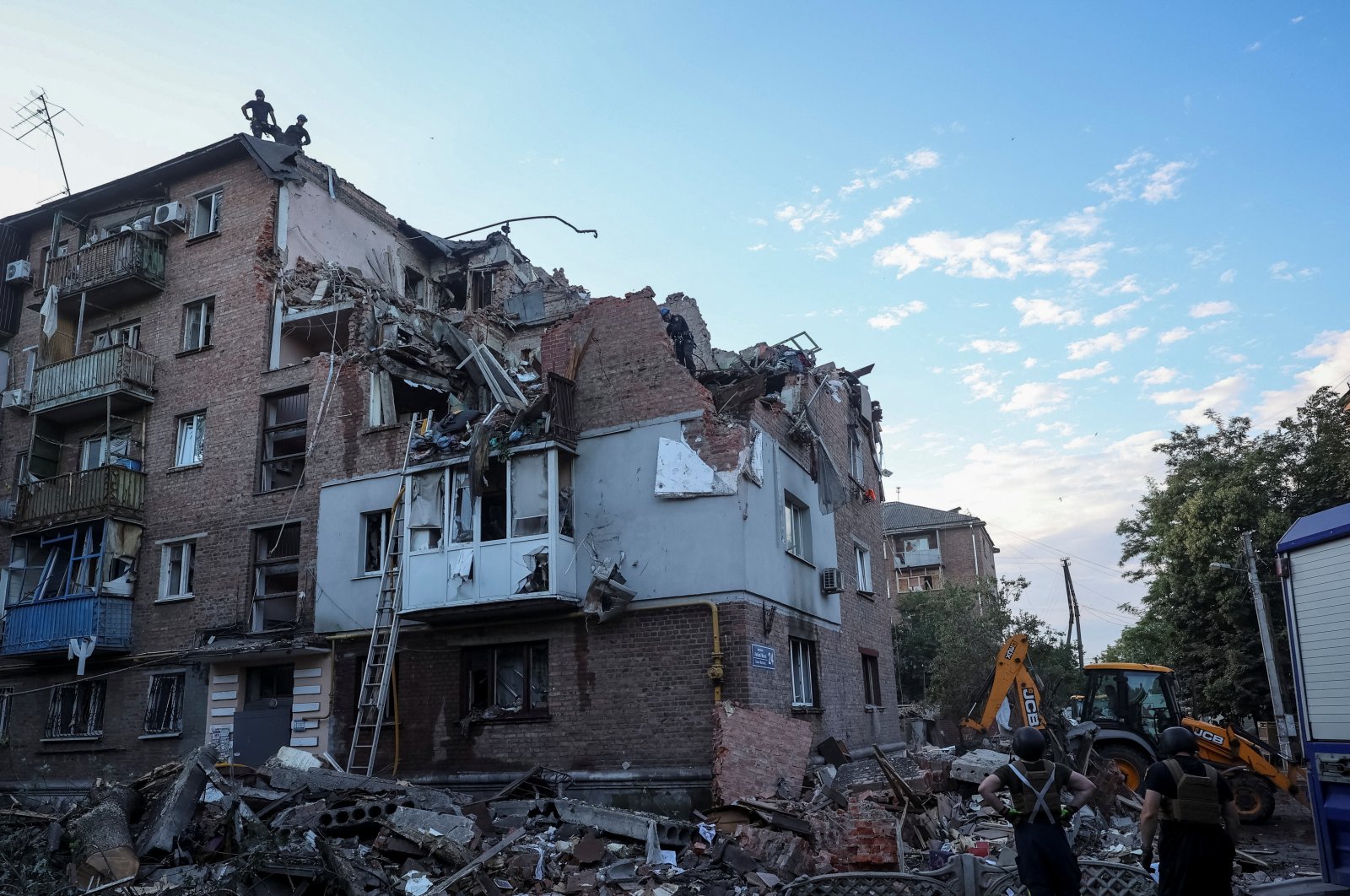
NATO should adopt an anti-occupation stance in Palestine, similar to the one it did against the invasion of Ukraine, Foreign Minister Hakan Fidan said Friday.
Speaking after an informal meeting of NATO foreign ministers in Prague, Fidan said the bloc should adopt a principled stance against Israel’s occupation of Palestine.
He noted that Türkiye loudly reiterated its views at the NATO meeting, being almost the only country to draw attention to the ongoing crisis in Gaza due to Israel’s massacres.
The top Turkish diplomat noted that as a security bloc, NATO needs to address global security issues not when they happen, but before they emerge.
"We brought forward the idea that Israel-Palestine issue is seen as a regional problem but it has the potential to turn into a global security problem, and has actually turned into one in some aspects,” Fidan said, adding that the problem will grow further, evolve and include other actors to turn into a global one if Israel’s ongoing genocide is not stopped, a cease-fire is not reached, and a two-state solution is not agreed upon.
Fidan also said Türkiye does not want NATO to "take part" in the Ukraine war.
"We support the continuation of aid to Ukraine and Ukraine's capacity for dissuasion (against Russia), but we do not want NATO to take part in this war," Fidan said.
"We think a balance must be maintained between these two things, both by the member states and by NATO" overall, he added, warning that the conflict could spread regionally and spark worse crises.
Türkiye has managed to tread a fine diplomatic line by maintaining ties with both Russia and Ukraine since Moscow invaded its pro-Western neighbor in February 2022.
Washington on Thursday gave the green light for Ukraine to use U.S. weapons to defend its Kharkiv region on the border with Russia, overcoming previous concerns that authorizing such strikes could drag NATO into a direct conflict with Russia.
Germany on Friday said it too had given Ukraine permission to fire German-delivered weapons at targets in Russia.
